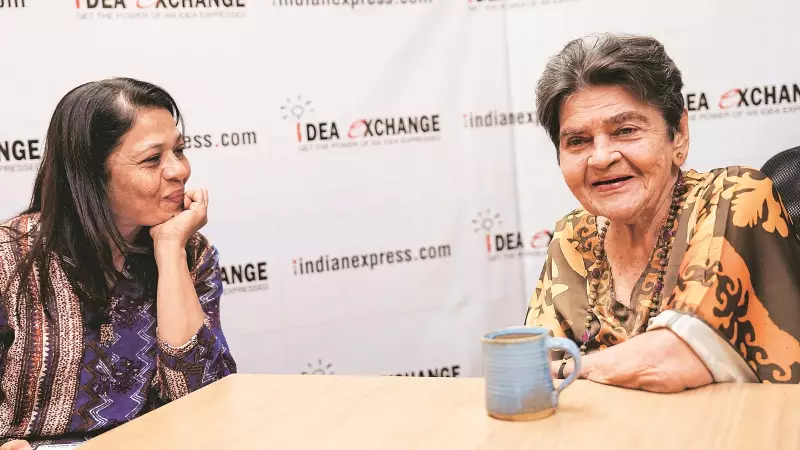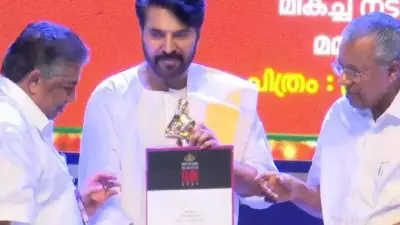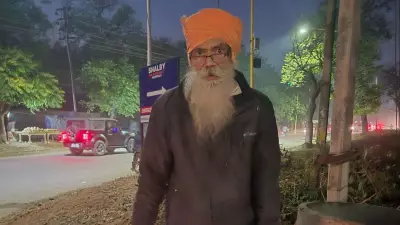
Legendary filmmaker Sai Paranjpye, the creative force behind iconic movies like 'Sparsh' and 'Chashme Buddoor', has delivered a powerful critique against India's film censorship system, highlighting how the unchecked power of censors often leads to creative suppression.
The Arbitrary Nature of Censorship
During a candid discussion, Paranjpye revealed how the current system allows individual censors to make subjective decisions that can make or break a film. "When film censors feel they have the power to negate something with a pen or a stamp, it's often misused," the National Award-winning director stated emphatically.
She described the alarming reality where a single person's personal biases and sensibilities can determine the fate of a film that represents years of hard work and creative investment by numerous artists.
Real-World Examples of Censorship Overreach
Paranjpye shared disturbing instances from her own experience that demonstrate the system's flaws:
- Cultural Ignorance: Censors objected to the word 'chatni' in one of her films, demonstrating a lack of understanding of Indian cultural contexts
- Creative Misinterpretation: Simple, innocent dialogues were often misinterpreted and flagged for unnecessary cuts
- Power Without Accountability: The system enables censors to exercise veto power without adequate checks and balances
The Impact on Indian Cinema
The veteran filmmaker expressed deep concern about how this arbitrary censorship affects the industry:
- It stifles genuine creative expression and artistic freedom
- It forces filmmakers to compromise their vision to satisfy subjective standards
- It creates an environment of uncertainty and self-censorship among creators
- It undermines the intelligence of Indian audiences who are capable of understanding nuanced content
A Call for Systemic Reform
Paranjpye's revelations come at a crucial time when the Indian film industry is grappling with evolving content standards and audience expectations. Her testimony underscores the urgent need for:
Transparent Guidelines: Clear, objective parameters for censorship decisions rather than subjective personal opinions.
Accountability Mechanisms: Systems to ensure censors are answerable for their decisions and their impact on creative works.
Industry Representation: Greater involvement of filmmakers in the certification process to bring practical understanding to content evaluation.
The acclaimed director's powerful statements serve as a wake-up call for policymakers and the film industry to re-examine a system that has remained largely unchanged despite the evolving landscape of Indian cinema and audience maturity.





